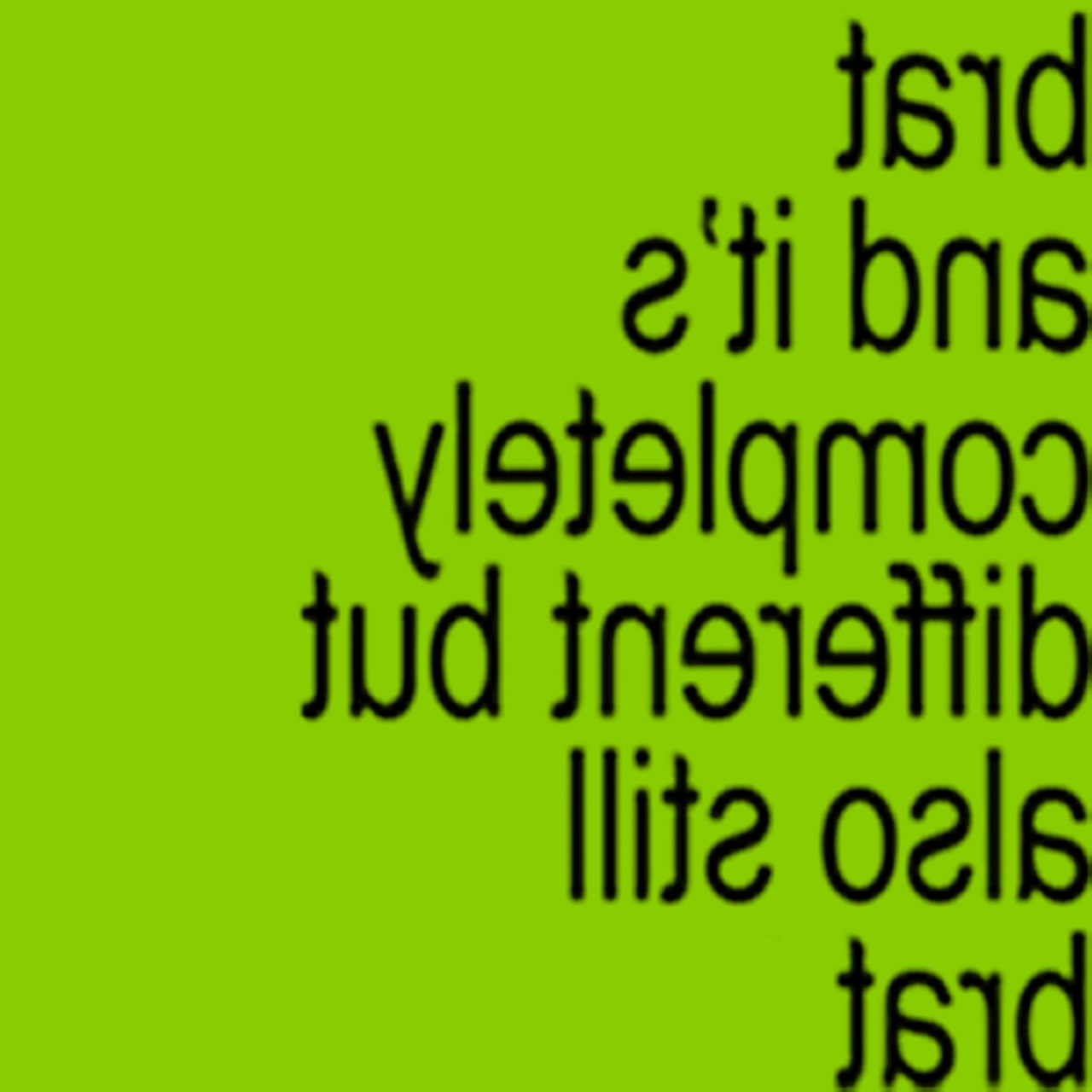Charli XCX has been a celebrity for a long time, but she’s never been this famous—exposed enough that I don’t even really need to explain what the past few months have entailed for her. The question that’s lingered in the wake of the world-conquering success of her sixth album, BRAT, has been what she’d do with that newfound fame: Unashamedly chase a bag and put her name to a swath of ill-fitting collaborations? Write the requisite fame-is-hard record? Release an album of impenetrable noise?
Why not a little bit of all three? Brat and it’s completely different but also still brat is a Rolodex flex and a reckoning with fame and an album that features harsh noise and outright screaming—the platonic ideal of a collaboration-heavy pop remix record as well as one that’s Charli to its bones. Were I a newly minted star who’s spent much of the year performing and promoting and partying all the while, I might take the autumn to recuperate; Charli, currently losing a yearslong battle with workaholism, recorded new vocals for every track here, sometimes overhauling tracks to the point that I’m not sure they’d qualify under Billboard’s rules for remixes contributing to a song’s Hot 100 placement—which is generally the entire reason most A-listers release so many superfluous remixes.
That’s a crucial detail of this Brat remix record: It feels less like a way to keep “Brat summer” rolling than an attempt, on Charli’s part, to relocate her sense of self amid the memes, opportunistic co-signs, and critiques, both good-faith and bad. Like its sister album, it is unexpected, unfiltered, uncomfortably messy, and dizzyingly fun. Contained within Brat and it’s completely different but also still brat are monuments to friendships old, new, and repaired (“So I” with A. G. Cook; “Von Dutch” with Addison Rae; “Girl, So Confusing” with Lorde); link-ups with collaborators from songs you might have chosen to forget (Tinashe pops up on “B2B” a decade removed from “Drop That Kitty”); and real-time markers of Charli’s ascendancy (“Guess” with Billie Eilish). Lesser-known names like The Japanese House and Bladee are given just as much space as artists Charli has long admired (Robyn, Ariana Grande) and newcomers, like the young, gloriously bitchy Catalunyan rapper Bb Trickz. On paper alone, the variegated and very unusual guest list is a testament to Charli’s talents as a genre- and scene-agnostic A&R; if the title feels too unwieldy, maybe you can just call it Pop 3.
